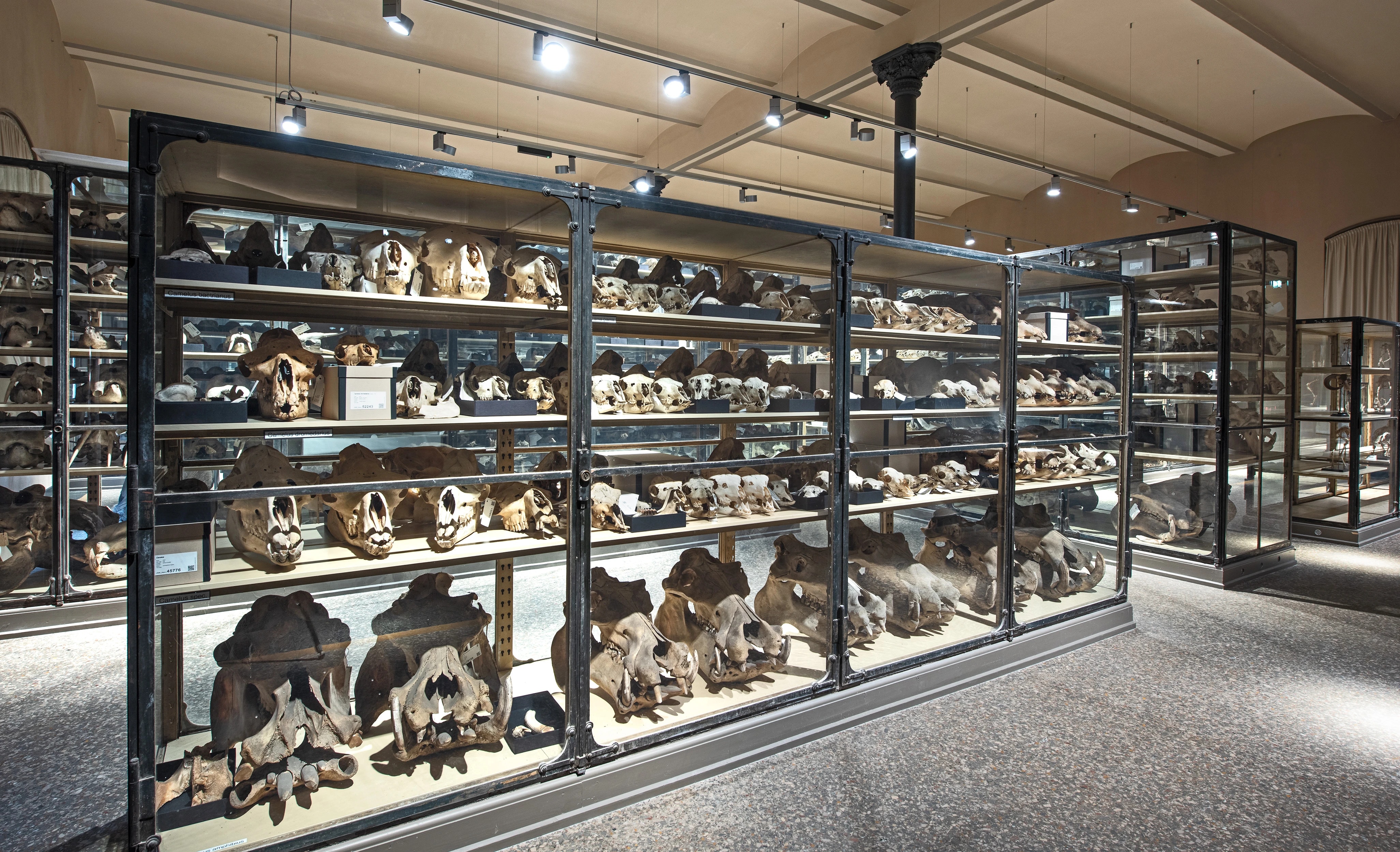
CollabFund | Tracing Colonialism: Tanzanian Collection in Slovenia
Tracing Colonialism: Tanzanian Collection in Slovenia
Alumni
- Dr Tina Palaić – Project lead, project coordination research of the collection in question, designing the exhibition content
- Eliabu Mbonimpa – Provenance researcher on the selected objects and artistic production as methods of interpretation and public engagement
- Marko Frelih – Curator for collections from Africa and America, research of the collection in question, designing the exhibition content
Partner Museums and involved external institutions
- Slovene Ethnographic Museum (Ljubljana)
- Iringa Boma Regional Museum and Cultural Center (Iringa)
Project Description
In early 2025, the Slovene Ethnographic Museum (SEM) in Ljubljana acquired a significant collection of objects from Tanzania, assembled by Stanko Grom, a Slovene who lived and worked there from 1937 to the 1960s. Grom’s career spanned various roles—as a sisal planter near Tabora, a worker at the lead mine in Mpanda, and later in construction in Chunya. Upon returning home, he brought with him over 4,000 photographs and around 150 artefacts, forming a unique record of mid-20th-century Tanzania. In 1937, Tanganyika (now Tanzania) was under British administration yet maintained strong German influence, with many settlers returning after 1925. Grom’s writings indicate that German was commonly spoken among Europeans on the plantations. His collection and photographic archive reveal both British and German colonial presences, exposing the involvement of Europe’s semiperipheral regions in wider colonial enterprises. The project comprises two main strands: research and presentation. Research will focus on provenance, historical context, and the reconstruction of Grom’s life and networks in Tanzania, conducted in collaboration with Tanzanian museum experts and local communities. The resident researcher will also examine the current state of the sites Grom once inhabited. Findings will be shared with Tanzanian and German partners and through TheMuseumsLab network in an online panel. The presentation phase will see an artistic exhibition at SEM featuring photographs and selected artefacts, followed by a public discussion and a family drawing workshop inviting creative engagement with the collection.

Project Development
The MuseumsLab 2024 fellows Tina Palaić (Slovenia) and Eliabu Sadock (Tanzania) undertook a joint residency at the Grassi Museum of Ethnography in Leipzig, where they developed a shared focus on the specific Tanzanian collection housed at the Slovene Ethnographic Museum (SEM). The collection was acquired in the middle of the 20th century by the Slovenian collector who initially worked on a sisal plantation, then in a lead mine, and concluded his career in Tanzania in construction.
The collection uniquely showcases the colonial traces of the German and British empires in Tanzania preserved within the European semi-periphery—Slovenia. The fellows' work directly addresses how non-colonizing parts of Europe were involved in the colonial project through the creation of knowledge about "the Other." In addition, the collection offers insight into the colonial exploitation of natural resources for industrial development in Europe. The exhibition and accompanying programs will highlight the problems of past and present exploitation of natural resources, and encourage the audience to reflect on the importance of sustainable societal development.
Marko Frelih, the curator for collections from Africa and the Americas, is connected to the project by his direct involvement in the collection's research. His role in the project is to provide expert support and museum interpretation of the collection. The program enabled the crucial collaborative research necessary to generate new insights, enhance collection accessibility, and contribute to the broader discourse on decolonizing museums in Central and Eastern Europe, strengthening international partnerships between Tanzania and Slovenia.
The initiative TheMuseumsLab CollabFund is funded by the Kulturstiftung des Bundes (German Federal Cultural Foundation).







